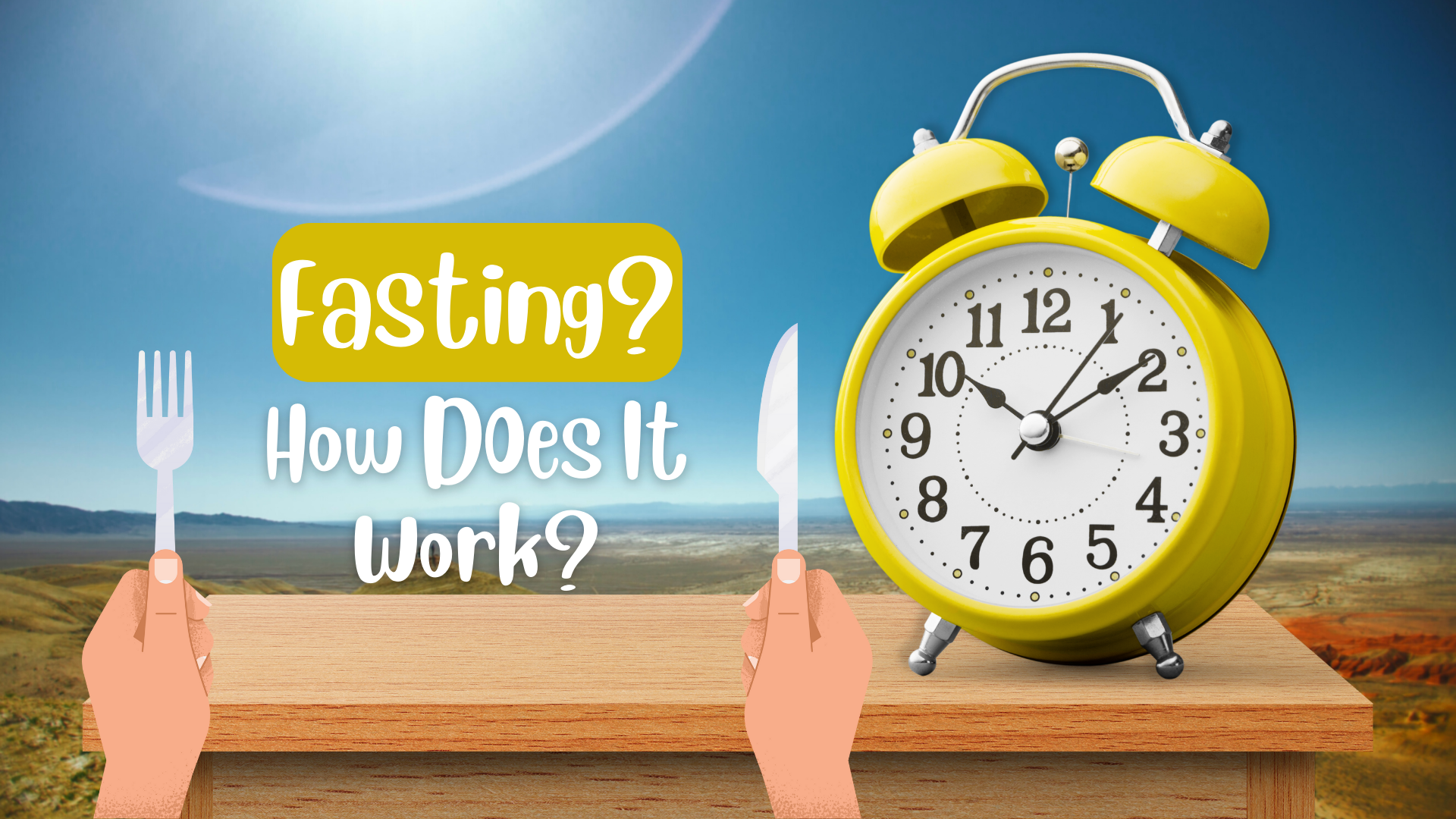When you think of fasting, you might picture somebody going without food for days or weeks at a time. But there are different types of fasting, and it doesn’t always mean abstaining from all food. So what is fasting?

Fasting is defined as abstinence from all food or a restriction from eating certain foods or meals. Fasting has been practiced for centuries by many religions as a way of cleanses and spiritual growth. But in recent years, people are increasingly turning to fasting for its health benefits.
There are different types of fasting, but the most common is intermittent fasting. This is where you fast for a set period of time, usually 16 hours, and then eat all your meals within an 8-hour window. This type of fasting has been shown to improve insulin sensitivity, help with weight loss and reduce inflammation.
The Benefits Of Fasting:

When you fast, your body is forced to rely on stored energy sources, which has a number of benefits. First, it helps your body burn fat cells more effectively. In addition, fasting has been shown to help improve insulin sensitivity, lower inflammation and boost brain function.
One of the most significant benefits of fasting is that it can help you live longer. Studies have shown that animals who are restricted in their calorie intake live up to 30% longer than those who eat a standard diet. While the jury is still out on whether or not this same benefit extends to humans, there’s evidence that fasting can help us live healthier lives by reducing our risk for chronic diseases like heart disease, diabetes, and cancer.
So if you’re looking for a way to improve your overall health and well-being, consider giving fasting a try.
How Does Fasting Work?

When you fast, your body goes into survival mode and starts to break down stored glucose for energy. This process is called glycogenolysis. Glycogen is a type of sugar that your body stores in your liver and muscles for energy. Fasting also triggers ketosis, which is when your body starts to break down fat for energy.
What Happens To Your Body When You Fast?

When you fast, your body goes into survival mode. It starts to break down stored glucose in your liver and muscles for energy. Your body also starts to burn fat for energy. This can (most likely not) lead to a number of changes in your body, including:
- You may feel tired and weak.
- Your brain may not work as well.
- You may lose muscle mass.
- Your metabolism may slow down.
The Different Types Of Fasting:

Fasting is an ancient practice that has been practiced by many cultures for centuries. There are many different types of fasting, and each one has its own set of benefits.
Intermittent fasting is one of the most popular types of fasting. This type of fasting involves going without food for periods of time, usually 16 hours or more. Intermittent fasting has been shown to boost weight loss, improve insulin sensitivity, and reduce inflammation.
Another type of fasting is called alternate-day fasting. This involves alternating between days where you eat normally and days where you only consume 500 calories or less. Alternate-day fasting has been shown to improve heart health and help people lose weight.
Finally, there is prolonged fasting, which is when you go without food for days or even weeks at a time.
You can even FAT Fast, which is where you have a time period where your calories come 80%-90% from fat.
Here is another INFORMATION PACKED article you should read. If you want to obtain more knowledge about Fasting and any myths around it!
